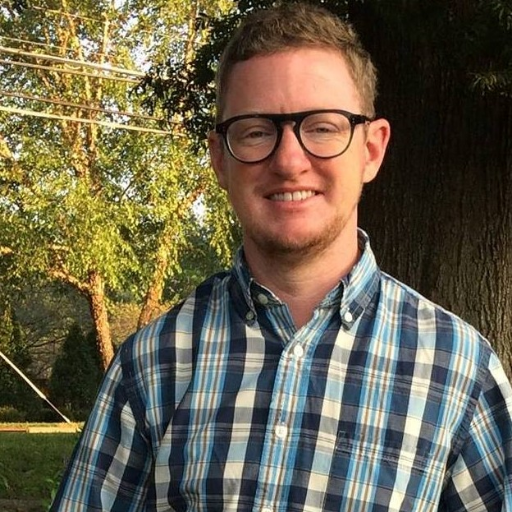Jack Amoureux

Associate Teaching Professor
B.S. Boise State University, 1999
M.P.A. Boise State University, 2001
M.A. University of Iowa, 2002
Ph.D. Brown University, 2011
Areas of Expertise: Ethics in World Politics; Security and US Foreign Policy; Global Governance; Theories of International Relations; Reflexivity; Technology and War; Time and Space in IR
Jack Amoureux is an Associate Teaching Professor at Wake Forest University. His areas of interest cover ethics in world politics, colonialism and imperialism, security, US foreign policy, and international relations theory. Amoureux’s specific topics of investigation include reflexivity, notions of time and space, public architecture and identity, Caribbean politics, narratives of Anthropocene, and emerging technologies of war. Amoureux also specializes in the political theory of Hannah Arendt, Michel Foucault and Aristotle. Amoureux published A Practice of Ethics for Global Politics: Ethical Reflexivity and he is the co-editor (with Brent J. Steele) of Reflexivity in International Relations: Positionality, Critique and Practice. Amoureux has also published in International Relations, Millennium: Journal of International Studies, Globalizations, and International Theory, along with chapters in edited volumes. Amoureux is on the editorial board of the Journal of Narrative Politics and the Governing Council of the International Studies Association – Northeast.
POL 115 Political Theory
This class introduces various perspectives in the field of Political Theory, with close attention to interpretations of the texts and their historical context. Broadly construed, political theory addresses
how political authority should be organized, how goods and honors ought to be distributed, and questions of good citizenship and the good life.
POL 252 Ethics, Technology, and Violence
In this class, we will think critically and historically about the ethics of technology and its relation to various forms of violence. To understand how technologies have been created, applied and evaluated, we will also study several prominent approaches to ethics. In doing so, we will look at a wide range of cases both historical and contemporary.
POL 264 Moral Dilemmas in International Politics
This class equips students with the conceptual and theoretical tools to identify ethical dilemmas in global politics and foreign policy decisions, inquire into how ethics has been attended to, and consider how practices and traditions of ethics might be transformed. Issues we may examine include: development; foreign aid and global distributive justice; when and how to conduct war; human rights and humanitarian intervention; weapons of mass destruction, including nuclear weapons;
whistleblowing and individual responsibility; collective trauma; punishment and justice; the role of technology in international conflict; and the politics and effects of climate change. In examining these
issues we will be attentive to power and institutions, including colonialism, neocolonialism, and global governance.
POL 270 Ethics and Agency: Aristotle, Arendt, and Foucault
In this course we take on the question of agency and its relation to ethics. We ask whether practices of ethics assume agency, inquire into what it means to have agency, and consider the influence of structures and socialization. To examine some views on these matters, we focus on the philosophical thought of Aristotle, Hannah Arendt, and Michel Foucault. We also consider some criticisms of their approaches to investigate the limits of the course.
POL 271 Classical Political Thought
This course considers traditions of political thought from ancient Greece, Rome, China and the Americas with a focus on how societies should be organized, what constitutes a good or desirable life/afterlife, and who/what is seen as having moral status.
